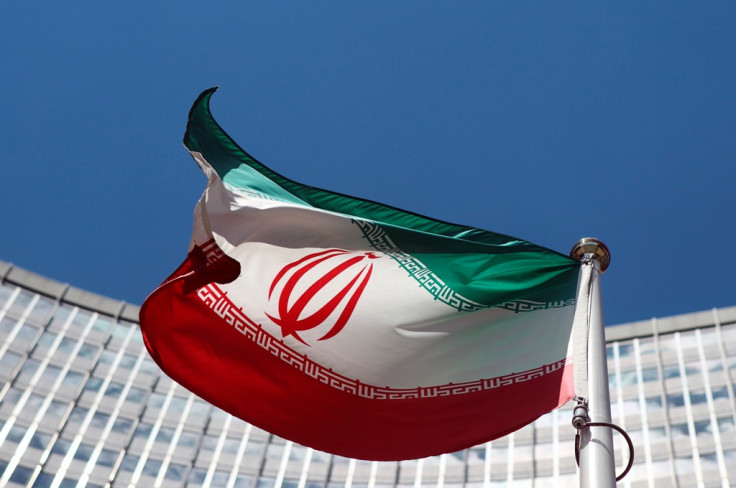Rayhaneh Jabbari and Iran Executions: 'More than 2 People Killed Every Day'

Rayhaneh Jabbari, the 26-year-old woman charged with the murder of a man who allegedly attempted to rape her, was due to be executed today, (Tuesday, 30 September). However, Iran has postponed her execution, without giving further details on the new date.
Jabbari was arrested in 2007, after she had killed a member of the Iranian Intelligence Services, Morteza Abdolali Sarbandi, which she says was in self-defence of attempted rape. Her case has sparked worldwide outrage, with nearly 190,000 people signing a petition to save the woman's life.
Last week, Iran executed by hanging a man charged with heresy.
Mohsen Amir-Aslani, 37, was arrested nine years ago after being accused of activities which authorities considered as heretical. Amir-Aslani, who worked as psychotherapist and also delivered speeches about the Koran, was accused of making "innovations in the religion" and "spreading corruption on earth".
Human rights activists reacted with outrage to Amir-Aslan's death, saying he was a prisoner of conscience killed for his religious beliefs.
At the same time of Amir-Aslani's execution, at least four other prisoners were hanged in three different cities in Iran.
How Many People are Killed in Iran Every Year?
Iran is infamous for its high rates of executions (mainly by hanging), some of which are carried out against minorities and opponents of the government.
"On average more than 2 people are executed every day," Mahmood Amiry-Moghaddam, spokesperson of NGO Iran Human Rights (IHR), told IBTimes UK. "So far in 2014 at least 560 people have been executed.
"It is very important to emphasise that many of those executed are not subjected to fair trial, and have been tortured under detention in order to get confession."
Iran is responsible, together with Iraq, for a sharp rise in capital punishment, accounting for more than two-thirds of the world's executions last year, a 2013 report by Amnesty International said.
At least 369 people were executed in Iran in 2013, Amnesty said. However, IHR said the number was at least 687.
Crimes Punishable With Death
Iran has some of the toughest capital punishment laws in the world.
Crimes punishable with a death sentence include cursing the Prophet, drug offences, murder, adultery, incest, rape, fornication, drinking alcohol, "sodomy", homosexual sex, "being at enmity with God" (mohareb), and "corruption on earth" (mofsed fil arz).
Maya Foa, who heads the death penalty team of Reprieve, a UK- based NGO which provides legal support to prisoners worldwide, told IBTimes UK: "These executions are a worrying reminder of the prevalence of capital punishment in Iran – huge numbers are executed every year for 'crimes' such as apostasy and adultery, while up to 80% of death sentences are given for non-lethal drug offences.
"The UN and EU countries need to be unequivocal in their stance against the death penalty – and that includes ending the anti-narcotics funding that so often leads to executions."
Death Penalty and Youths
In June 2014, Human Rights Watch urged Iran to stop the execution of children, citing the case of a woman convicted of murder when she was 17.
Razieh Ebrahimi, who was married off at the age of 14 and became a mother when she was 15, admitted to killing her husband and burying his body in the back garden of the house.
Iran's penal code says minors can be subjected to a death sentence after they have reached puberty which, as stipulated by Sharia law and as specified in the 1991 Civil Code, is 15 lunar years for boys and 9 lunar years for girls (one lunar year can be between 354 to 365 days long).
"In early 2013, new amendments to the penal code went into effect, strictly prohibiting the execution of child offenders for certain categories of crimes, including drug-related offenses," HRW said. "No such prohibition exists, however, for children convicted of murder and a host of other crimes including adultery and sodomy.
"Under article 91 of the amended code, a judge may sentence a boy who is 15 or older or a girl who is 9 or older to death for these crimes if he determines that the child understood the nature and consequences of the crime."
© Copyright IBTimes 2025. All rights reserved.






















